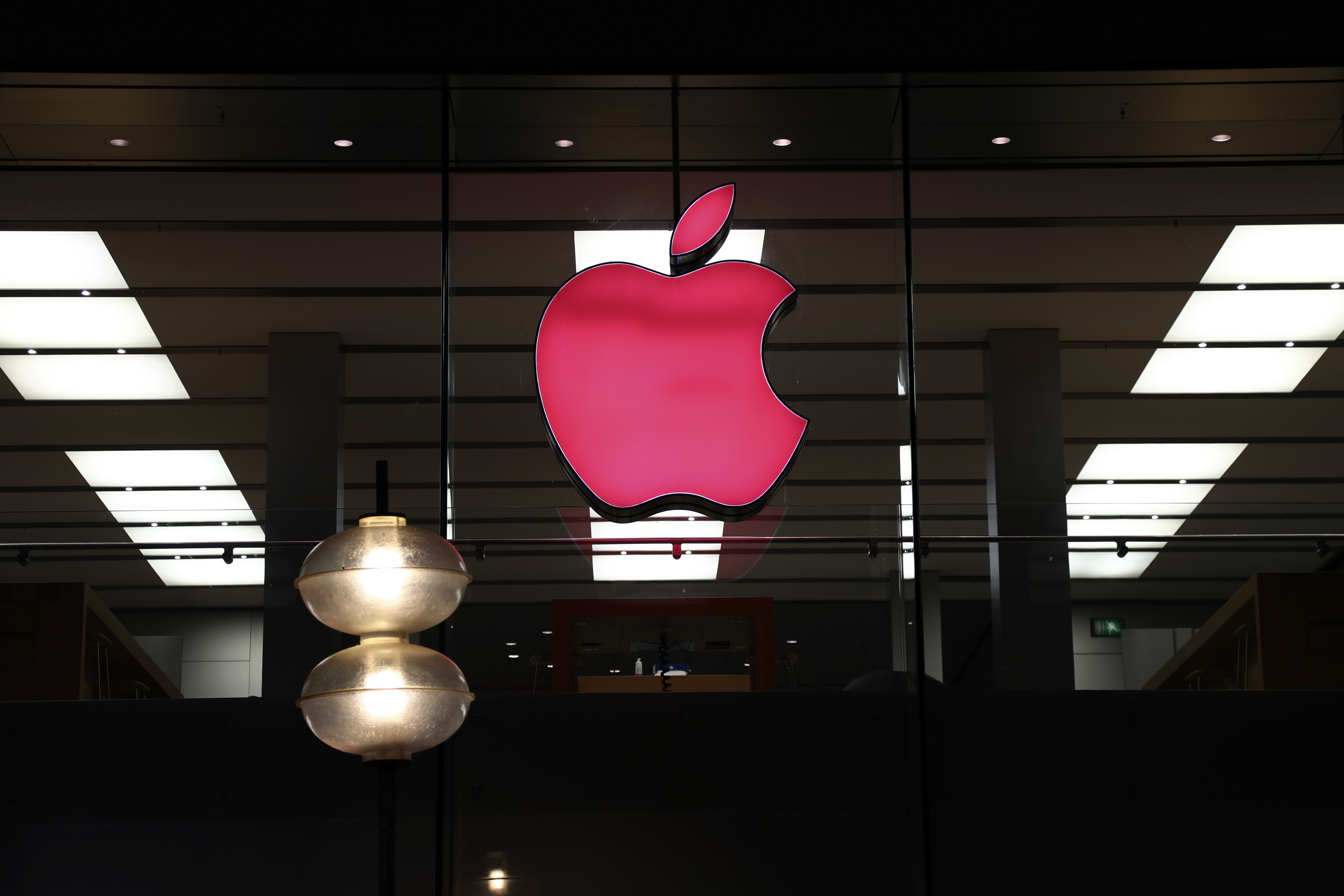
With Venezuelan President Hugo Chavez unable to attend the inauguration ceremony marking his sixth term of office, attention quickly shifted to whether the relevant constitutional clause granting presidential powers to the president of the National Assembly -- in this case Diosdado Cabello -- would be honored within 90 days. In a fanciful interpretation of the constitution, however, the Supreme Court decided otherwise. It granted Mr. Chavez the right to an indefinite absence and charged Vice President Nicolas Maduro with the task of governing Venezuela on Mr. Chavez's behalf.
Now that the legalist debate is left behind, a hardly-hidden, protracted power struggle is bound to come to the forefront of Venezuelan politics with renewed vigor. The struggle involves two major factions: The first group, led by Vice President Maduro, embodies the doctrinaire wing of Chavism and has the blessing and support of the Castro brothers, whose influence on Chavez and his regime could hardly be overestimated. The second group is personified by Mr. Cabello, who has strong ties with the military (where he comes from) and with the new oligarchy that has blossomed under the umbrella of the Chavez regime.
Although the Supreme Court's ruling has placed Maduro at the helm of Venezuela (at least until the improbable comeback of Hugo Chavez), the Maduro-Cabello rivalry is far from over. Given the egos involved and the interests at stake, the two groups are engaged in a collision course. Each group will remain on the watch, fretting over falling prey to the other. No less important, to govern Venezuela in the immediate post-Chavez era, as Mr. Maduro has been entrusted to do, looks very much like a poisoned chalice. The reason: Hugo Chavez leaves the Venezuelan economy in tatters.
Chavez exercised power, and fed his popularity at home and his ascendency abroad, by distributing Venezuela's wealth as a function of his megalomaniac agenda and interests. Such course of action might have been sustainable if, simultaneously, he had not brought his country's production capacity near collapse.
With an inflation reaching 25 percent and a skyrocketing government debt (10 times higher than before the Chavez years), a sharp devaluation of the national currency, the bolivar, is just a matter of time. Expropriations and price controls have crippled the non-oil sector. Venezuela imports today 70 percent of the foodstuffs consumed, as compared to 30 percent before Chavez took power. The productivity of the oil industry has dwindled, forcing Venezuela, the country with the largest proven oil reserves in the world, to import gasoline from neighboring Colombia.
Sooner or later, the acting president, Nicolas Maduro, will have to adopt politically unpalatable measures and reassess the prodigality of his boss vis-à-vis foreign allies.
Under these circumstances, Diosdado Cabello may not have had his last word. He may, instead, lie in ambush, waiting to profit from the inevitable fall of Maduro's lackluster popularity and the irruption of street protests against the unpopular measures to come.
One of the key strengths of Mr. Maduro, namely the support of the Castro brothers, may in time become a fateful millstone. Maduro may feel politically obliged to show his gratitude to the Cuban regime by maintaining the astronomic financial assistance provided by Hugo Chavez to that regime. But when the upcoming devaluation and austerity measures begin to hit wallets and living standards in Venezuela, the wasteful financial aid to Cuba may be a tough thing to get past the Venezuelan public.
What's more, Venezuela's military cannot but resent Cuba's influence in their country. They are not ready to forget that one of their high-ranking colleagues, Raul Baduel, a former defense minister and close friend of Chavez, was sentenced to a 7-year jail term after Fidel Castro told Chavez, on the basis of information gathered by Cuban intelligence services operating in Venezuela, not to trust him. Little wonder that Diosdado Cabello, a former member of the armed forces, has rarely traveled to Havana. More generally, the military can hardly feel at ease with an acting president, Mr. Maduro, who has built his power with the support and help of the intrusive Cuban regime.
What makes the looming Maduro-Cabello brawl still more explosive is the fact that the opposition does not have sufficient political and military weight to effectively thwart in the near term the clout of Chavism in Venezuelan politics. Had it had such weight, the two Chavist factions would have had an objective interest in putting aside their differences and colluding. But with an opposition with little or no chance to prevail on its own in the short run, Chavists may engage at leisure in an internecine struggle without fearing that a third party (the opposition) could sweep up power at their expense.
The discontents within the ranks of Chavism (Cabello et al.) may, however, be tempted to enter, whether explicitly or in a veiled manner, into a tactical alliance with the opposition. In such a case, although too weak to secure power by itself, the opposition would play a crucial backup role in return for a wider political space -- or even for a slice of government in post-Chavez Venezuela.











